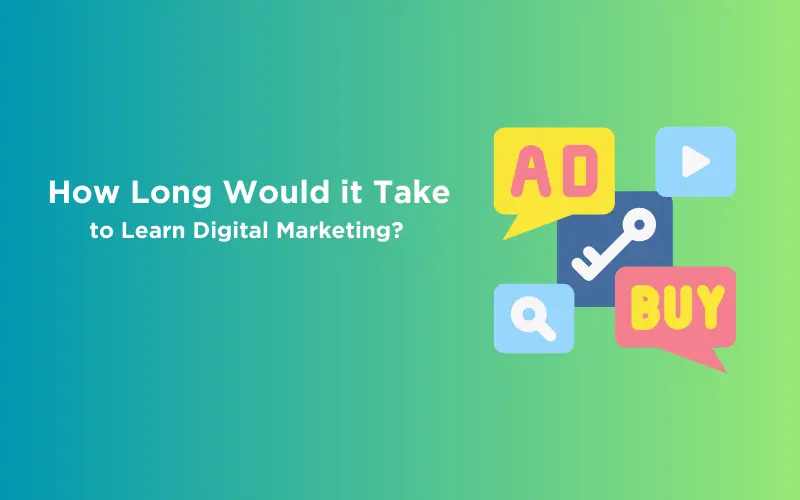
How Long Would it Take to Learn Digital Marketing?
Mar 21, 2024 7 Min Read 771 Views
(Last Updated)
In today’s world, digital marketing is crucial for businesses and individuals who want to succeed online. It helps you connect with customers, grow your business, and make smart decisions based on data. Learning digital marketing can open up exciting career opportunities and let you reach a wider audience without spending a lot of money.
Now, let’s explore how long it might take to learn digital marketing and what areas you can focus on to become a skilled digital marketer.
Table of contents
- Factors Affecting Learning Duration
- Prior Knowledge and Experience
- Time Devoted to Learning
- Learning Resources and Courses
- Learning Digital Marketing Fundamentals
- Understanding Digital Marketing Channels
- Basic Concepts and Strategies
- Mastering Specific Digital Marketing Areas
- Search Engine Optimization (SEO)
- Social Media Marketing
- Email Marketing
- Content Marketing
- Pay-Per-Click (PPC) Advertising
- Analytics and Data Analysis
- Hands-On Practice and Real-World Projects
- Applying Knowledge through Practical Exercises
- Creating Digital Marketing Campaigns
- Analyzing and Optimizing Performance
- Continuous Learning and Industry Updates
- Staying Updated with Digital Marketing Trends
- Exploring New Tools and Technologies
- Timeframes for Learning
- Short-Term Learning (Introductory Level)
- Medium-Term Learning (Specialization in Specific Areas)
- Long-Term Learning (Mastering Multiple Digital Marketing Disciplines)
- Setting Personal Learning Goals
- Identifying Specific Objectives
- Creating a Learning Timeline
- Overcoming Challenges and Staying Motivated
- Dealing with Information Overload
- Seeking Support from Online Communities and Forums
- Conclusion
- FAQs
- What is digital marketing?
- Do I need any prior experience to learn digital marketing?
- What are the key benefits of digital marketing for businesses?
Factors Affecting Learning Duration

Prior Knowledge and Experience
How much you already know about digital marketing can affect how quickly you learn. If you have some background in online marketing or related fields, you may grasp new concepts faster. But don’t worry if you’re starting from scratch – digital marketing can still be learned by anyone.
Enrolling in GUVI’s Digital Marketing course can help you become an expert in the digital world, regardless of your level of marketing expertise. Learn the ins and outs of email marketing, social media marketing, content production, SEO, and more from professionals in the field. Through practical projects and real-world case studies, acquire job-ready skills with globally recognized certifications.
Additionally, if you want to explore Marketing Research Techniques through a Self-paced course, try GUVI’s Marketing Research Techniques Self-Paced certification course.
Time Devoted to Learning
The more time you dedicate to learning digital marketing, the faster you’ll progress. Consistency is key. Whether you can spare a few hours a week or several hours daily, setting aside time to learn regularly will speed up your learning journey.
Learning Resources and Courses
The quality of learning resources and courses you choose can impact how well you understand digital marketing. Look for easy-to-follow tutorials, practical examples, and up-to-date information to make the learning process smoother.
Keep these factors in mind as you embark on your digital marketing learning adventure. With dedication and the right resources, you’ll be well on your way to mastering this exciting field.
Learning Digital Marketing Fundamentals
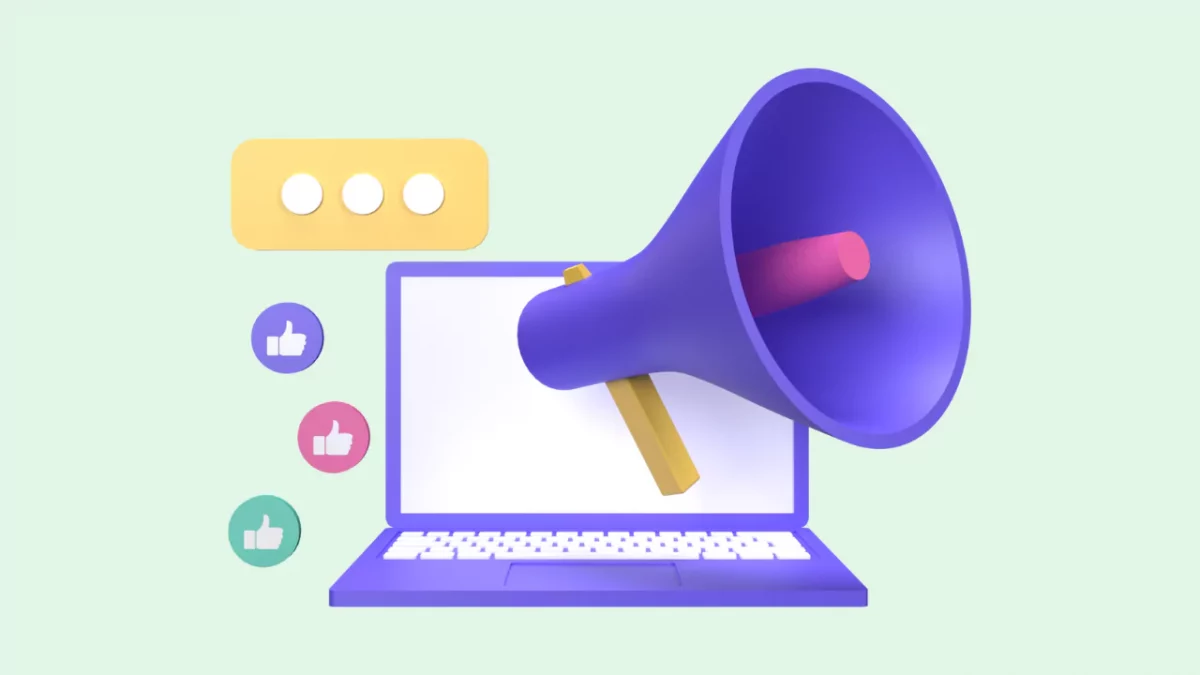
Understanding Digital Marketing Channels
To begin learning digital marketing, it’s essential to understand the different channels where marketing takes place online. These channels include:
Websites: The foundation of online presence, where businesses showcase their products, services, and information.
Social Media: Platforms like Facebook, Instagram, Twitter, and LinkedIn are used for connecting with audiences and promoting content.
Email Marketing: Sending targeted messages and promotions to a list of subscribers via email.
Search Engines: Optimizing websites to appear higher in search engine results (Search Engine Optimization or SEO).
Online Advertising: Paying for ads that appear on websites, social media, or search engines (Pay-Per-Click or PPC).
Content Marketing: Creating valuable and engaging content, such as blogs, videos, and infographics, to attract and retain customers.
Basic Concepts and Strategies
As you delve into digital marketing, grasp these fundamental concepts and strategies:
Target Audience: Identifying and understanding your ideal customers to tailor marketing efforts to their needs and preferences.
Keyword Research: Finding relevant keywords and phrases used by your target audience to optimize content for search engines.
Content Strategy: Planning and creating content that aligns with your business goals and resonates with your audience.
Social Media Engagement: Interacting with followers, responding to comments, and building relationships through social media.
Email Campaigns: Crafting effective email campaigns that provide value to subscribers and encourage action.
Analyzing Metrics: Monitoring data and analytics to measure the success of your digital marketing efforts and make informed decisions.
By grasping the fundamentals of digital marketing channels and understanding basic concepts and strategies, you’ll build a solid foundation to explore and excel in this dynamic field. Now, let’s explore specific areas within digital marketing that you can master to become a skilled marketer.
Mastering Specific Digital Marketing Areas
Once you understand the fundamentals, you can dive deeper into specific areas of digital marketing to become a skilled expert. Let’s explore some key areas:
Search Engine Optimization (SEO)
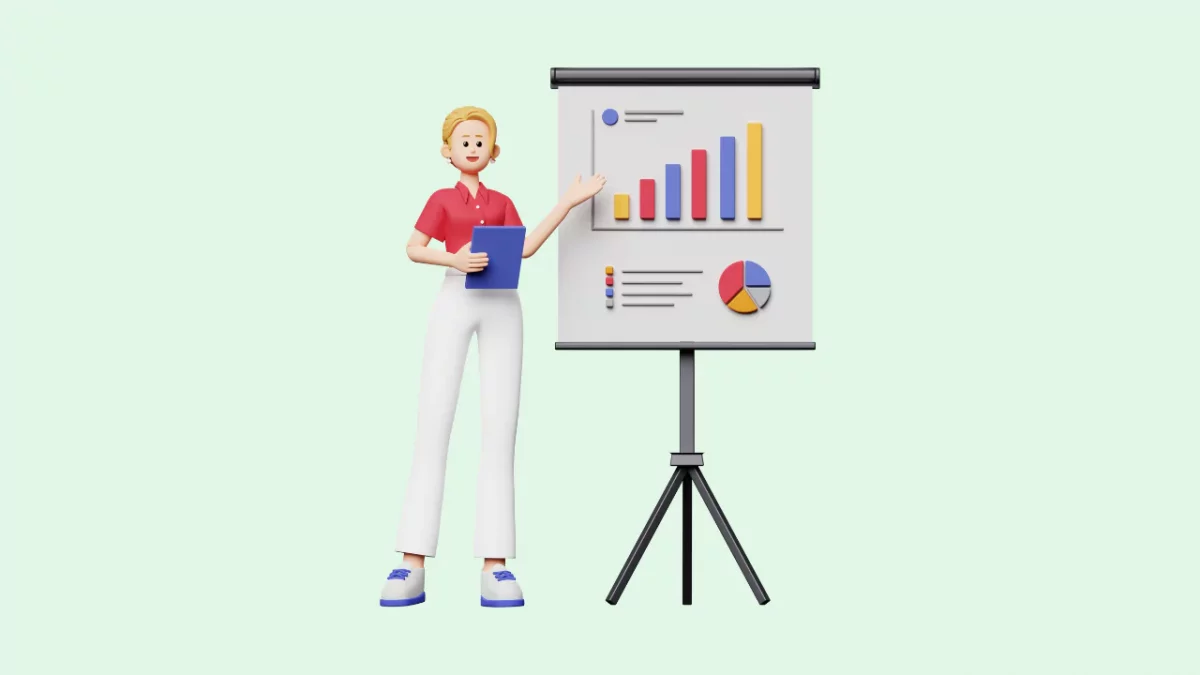
SEO is about improving a website’s visibility in search engine results. Learn how to research keywords, optimize website content, and build backlinks to rank higher on search engines like Google.
Social Media Marketing
Social media is a powerful tool for connecting with your audience. Discover how to create engaging content, run effective ad campaigns, and build a strong social media presence.
Email Marketing
Email marketing allows you to reach your audience directly. Learn how to create compelling email campaigns, build an email list, and measure campaign success.
Content Marketing
Content marketing involves creating valuable content to attract and retain customers. Master the art of storytelling, blogging, video creation, and content distribution.
Pay-Per-Click (PPC) Advertising
PPC advertising lets you run targeted ads and pay only when someone clicks on them. Learn how to set up PPC campaigns, choose the right keywords, and optimize ad performance.
Analytics and Data Analysis
Data plays a crucial role in digital marketing. Develop skills in analyzing website and campaign data, drawing insights, and using data to make informed marketing decisions.
By focusing on these specific areas, you can become proficient in various aspects of digital marketing. Remember, practice and hands-on experience are essential to truly master these skills. As you gain expertise, you’ll be better equipped to create successful digital marketing campaigns and achieve your business goals.
Hands-On Practice and Real-World Projects

Applying Knowledge through Practical Exercises
Hands-on practice is crucial for mastering digital marketing. Engage in practical exercises and activities that reinforce your learning. Some examples include:
Keyword Research: Conduct keyword research for a hypothetical business and optimize its website content accordingly.
Social Media Content Creation: Create engaging social media posts for a specific target audience and analyze their performance.
Email Campaigns: Design and run an email marketing campaign, segmenting the audience and analyzing open and click-through rates.
Content Creation: Write blog posts, create videos, or design infographics on various topics to hone your content marketing skills.
Creating Digital Marketing Campaigns
Put your knowledge into action by creating real digital marketing campaigns. Whether it’s for a personal project or a friend’s business, hands-on campaign creation allows you to:
Set Objectives: Define clear goals for the campaign, such as increasing website traffic or generating leads.
Choose Channels: Select appropriate digital marketing channels based on the campaign’s objectives and target audience.
Craft Messages: Develop compelling and consistent messages that resonate with your audience.
Design Creatives: Create eye-catching visuals and ad copy for ads and social media posts.
Launch and Monitor: Set the campaign live and closely monitor its performance.
Analyzing and Optimizing Performance
Analyzing campaign performance is crucial for continuous improvement. Use data and analytics to:
Measure Success: Track key metrics such as website traffic, click-through rates, conversions, and engagement.
Identify Insights: Identify patterns and trends from the data to understand what’s working and what’s not.
Optimize Campaigns: Make data-driven decisions to improve campaign performance. Adjust targeting, messaging, or creatives based on insights.
A/B Testing: Conduct A/B tests to compare different versions of ads or content and determine which performs better.
Through hands-on practice and real-world projects, you’ll gain valuable experience and confidence in your digital marketing skills. This practical approach complements theoretical knowledge and prepares you to tackle real challenges in the dynamic world of digital marketing. Remember, continuous learning and experimentation are key to staying at the forefront of this ever-evolving field.
Continuous Learning and Industry Updates
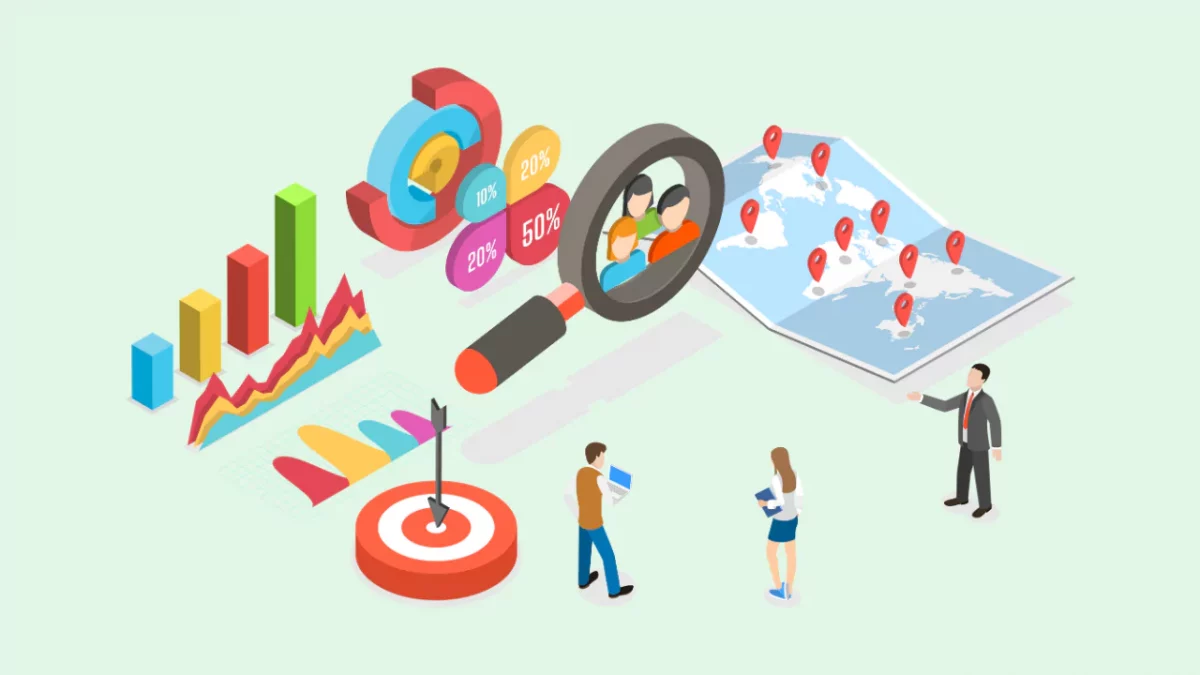
Staying Updated with Digital Marketing Trends
Digital marketing is constantly evolving, with new trends and strategies emerging regularly. To stay ahead, make continuous learning a priority:
Follow Industry Blogs and News: Subscribe to reputable digital marketing blogs and websites to stay informed about the latest trends, best practices, and industry news.
Attend Webinars and Events: Participate in webinars and industry events to learn from experts and gain insights into the latest developments.
Join Online Communities: Engage with digital marketing communities on platforms like social media and forums. Discuss trends, ask questions, and share experiences.
Read Case Studies: Study successful digital marketing case studies to understand real-life implementations and outcomes.
Explore Online Courses: Enroll in online courses that offer updates and insights on the latest digital marketing techniques and tools.
Exploring New Tools and Technologies
Digital marketing tools and technologies are continually evolving, helping marketers work more efficiently and effectively. Stay curious and explore new tools:
SEO Tools: Keep up with the latest SEO tools that aid in keyword research, backlink analysis, and website optimization.
Social Media Management Platforms: Explore platforms that streamline social media scheduling, analytics, and audience engagement.
Email Marketing Platforms: Stay updated on email marketing software that enhances automation, segmentation, and campaign tracking.
Data Analytics Tools: Familiarize yourself with data analytics tools that provide valuable insights into campaign performance and audience behavior.
AI and Automation: Learn about how artificial intelligence and automation are reshaping digital marketing strategies.
Adapting to new tools and technologies allows you to work more efficiently and effectively, giving you a competitive edge in the digital marketing landscape.
Remember, the field of digital marketing is dynamic, and continuous learning is essential to remain relevant and competitive. Embrace change, experiment with new ideas, and stay curious about industry developments. By staying updated and exploring new tools and technologies, you’ll position yourself as a well-informed and adaptable digital marketer, ready to take on the challenges and opportunities that lie ahead.
Timeframes for Learning
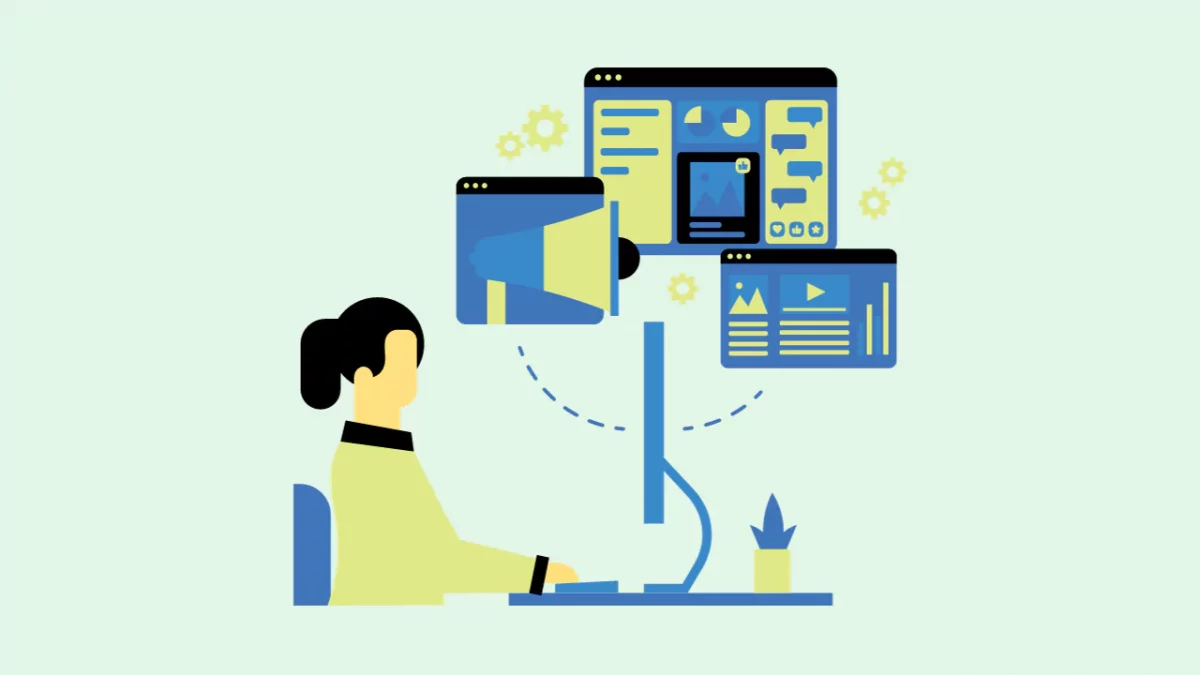
Learning digital marketing can vary in duration based on your goals and commitment level. Here are three possible timeframes:
Short-Term Learning (Introductory Level)
In a short-term learning approach, you can grasp the basics of digital marketing within a few weeks to a few months. This includes understanding digital marketing channels, basic concepts, and strategies. You’ll gain a broad overview of the field, making it suitable for beginners or those looking to explore digital marketing without an extensive time commitment.
Medium-Term Learning (Specialization in Specific Areas)
A medium-term approach is ideal for those aiming to specialize in specific areas of digital marketing. This may take several months to a year, depending on the depth of your chosen specializations. You can focus on mastering one or more areas like SEO, social media marketing, or content marketing. By delving deeper into these areas, you’ll gain practical skills and expertise that can lead to career advancement or freelance opportunities.
Long-Term Learning (Mastering Multiple Digital Marketing Disciplines)
For those aspiring to become well-rounded digital marketing experts, a long-term approach is necessary. This may take one to two years or more, depending on your starting point and dedication.
In this timeframe, you can explore and master multiple disciplines within digital marketing, such as SEO, social media, email marketing, PPC advertising, and analytics. Long-term learning allows you to tackle complex projects, lead digital marketing teams, or even start your own agency.
Remember that these timeframes are flexible and depend on individual learning pace and dedication. Digital marketing is a constantly evolving field, and continuous learning is crucial, regardless of the timeframe you choose.
The most important thing is to take the first step, set clear goals, and commit to learning and improving your digital marketing skills consistently. With time and effort, you’ll be well on your way to becoming a proficient digital marketer.
Setting Personal Learning Goals
Identifying Specific Objectives
Setting clear and specific learning objectives is essential to stay focused and motivated throughout your digital marketing journey. Follow these steps to identify your goals:
Reflect on Your Interests: Consider which aspects of digital marketing excite you the most. Whether it’s SEO, social media, or email marketing, choose areas that align with your passions.
Assess Your Current Skills: Evaluate your existing knowledge and expertise in digital marketing. Identify areas where you feel confident and areas where you need improvement.
Define Your Career Aspirations: Consider your long-term career goals and how digital marketing skills can help you achieve them. Do you want to work in a specific industry, start your own business, or advance in your current job?
Set Measurable Goals: Make your objectives specific and measurable. For example, “Increase website traffic by 30% in six months through SEO optimization” or “Obtain certification in social media marketing within three months.”
Creating a Learning Timeline
After setting your goals, create a learning timeline to structure your journey effectively:
Break Down Your Goals: Divide your learning objectives into smaller, achievable milestones. This prevents overwhelm and helps you track progress.
Allocate Time for Each Area: Estimate how much time you can dedicate to learning digital marketing each week. Create a schedule that allows for consistent learning and practice.
Choose Learning Resources: Identify reliable online courses, tutorials, books, or mentors that align with your goals. Mix theoretical learning with practical exercises to reinforce your understanding.
Set Deadlines for Milestones: Assign deadlines to each milestone to maintain focus and accountability. Regularly assess your progress and adjust timelines if needed.
Stay Flexible: Be open to adjusting your timeline based on unforeseen circumstances or changes in your goals. Remember that learning is a continuous journey, and it’s okay to adapt as needed.
By setting clear and measurable objectives and creating a realistic learning timeline, you’ll have a roadmap to guide you through your digital marketing learning process. Regularly assess your progress, celebrate achievements, and stay committed to achieving your goals. With determination and dedication, you’ll make steady strides toward becoming a proficient digital marketer.
Overcoming Challenges and Staying Motivated

Dealing with Information Overload
Learning digital marketing can sometimes lead to information overload, especially with the vast amount of resources available. Here’s how to manage it:
Focus on Core Topics: Prioritize learning fundamental concepts and essential skills before diving into advanced topics.
Take One Step at a Time: Break your learning into manageable chunks. Master one topic before moving on to the next.
Practice Application: Apply what you learn immediately through practical exercises and projects. The hands-on experience reinforces your understanding.
Limit Resources: Select a few high-quality learning resources and stick to them. Avoid jumping between multiple sources that may cause confusion.
Ask Questions: If you’re stuck or confused, don’t hesitate to ask questions in online communities or seek guidance from mentors.
Seeking Support from Online Communities and Forums
Connecting with like-minded individuals in online communities and forums can be incredibly valuable for your digital marketing journey:
Share Experiences: Engage with others who are learning or working in digital marketing. Share your experiences, challenges, and successes.
Ask for Help: Don’t hesitate to ask questions or seek advice from more experienced members. They can offer valuable insights and tips.
Stay Inspired: Seeing others’ progress and accomplishments can motivate you to keep going and achieve your goals.
Learn from Peers: Online communities provide opportunities to learn from others’ experiences and stay updated with industry trends.
Provide Support: Offer help and support to fellow learners. Contributing to the community fosters a sense of belonging and collaboration.
Remember that it’s normal to encounter challenges and feel overwhelmed at times. The key is to stay persistent, seek support when needed, and celebrate your progress along the way. Surrounding yourself with a supportive community can make your digital marketing journey more enjoyable and rewarding. Stay motivated and keep moving forward—you’ve got this!
Join GUVI’s Digital Marketing course to kickstart your journey in this exciting field. Gain expertise in ChatGPT, WordPress, Meta Business Suite, Google Analytics, Youtube Analytics, Google Ads Manager, and more. Master essential skills in SEO, social media marketing, email marketing, content creation, and digital advertising tactics to excel in the Digital Marketing industry.Additionally, if you want to explore Marketing Research Techniques through a Self-paced course, try GUVI’s Marketing Research Techniques Self-Paced certification course.
Conclusion
In this guide, we’ve explored the fascinating world of digital marketing and how you can become a skilled digital marketer. We learned about different digital marketing channels like social media and email marketing, and we covered essential topics like SEO and content marketing.
Remember, setting clear goals and making a learning timeline will help you stay on track. Don’t worry if you feel overwhelmed sometimes – it’s normal. Joining online communities can provide support and motivation.
Now is the perfect time to start learning digital marketing. Whether you’re new to it or looking to improve your skills, remember that learning is a continuous journey. Embrace new ideas and stay updated with industry trends.
By practicing and applying what you learn, you’ll gain the confidence to excel in digital marketing. Keep going, enjoy the process, and take one step at a time. With dedication, you’ll become a successful digital marketer and open up many exciting opportunities in this ever-changing field.
So, go ahead, start your digital marketing journey, and never stop improving. The world of digital marketing is waiting for you to make your mark. Happy learning, and best of luck on your path to becoming a skilled digital marketer!
FAQs
What is digital marketing?
Digital marketing is the use of digital channels like websites, social media, email, search engines, and online advertising to promote products, services, or brands. It involves reaching and engaging with target audiences in the online space to achieve business goals.
Do I need any prior experience to learn digital marketing?
No, you don’t need any prior experience to learn digital marketing. It’s a field that welcomes beginners and experienced professionals alike. Basic computer skills and an eagerness to learn are all you need to get started.
What are the key benefits of digital marketing for businesses?
Digital marketing offers several benefits for businesses, including:
Global Reach: Businesses can reach a wide audience worldwide, breaking geographical barriers.
Cost-Effectiveness: Digital marketing is often more affordable than traditional advertising methods, making it accessible to businesses of all sizes.
Targeted Audience: You can tailor marketing efforts to specific audience segments, increasing the effectiveness of campaigns.
Data-Driven Insights: Digital marketing provides valuable data and analytics, enabling businesses to make data-backed decisions.
Real-Time Engagement: Interacting with customers in real-time through social media and email fosters better communication and customer satisfaction.
These are just a few examples of how digital marketing can benefit businesses and individuals alike.

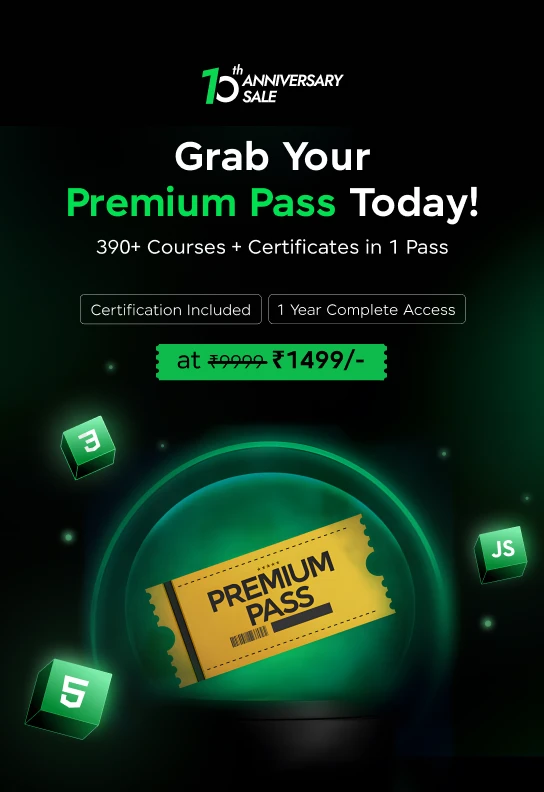



























Did you enjoy this article?